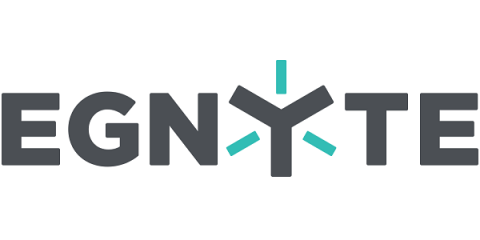How Westmont College Leveraged Egnyte During One of The Worst Natural Disasters in The State of California
On December 23, 2017 the Thomas Fire, which at the time was the largest wildfire in the history of the State of California, approached the Santa Barbara campus of Westmont College. Students, faculty, and staff could see the smoke in the near distance and the ashes falling on campus. It was as if the sky was literally falling. Clearly, this was no ordinary forest fire—if there is such a thing as an ordinary forest fire.


